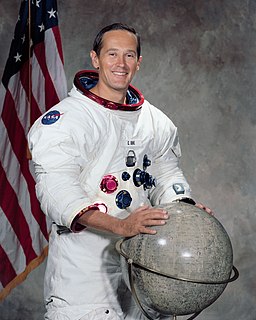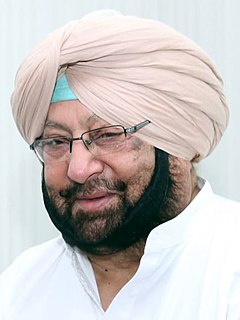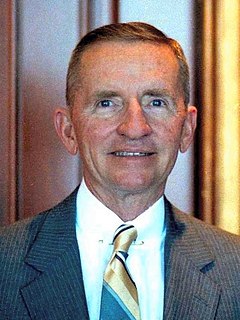A Quote by Sergei Korolev
The further conquest of space will make it possible, for example, to create systems of satellites making daily revolutions around our planet at an altitude of some 40,000 kilometers, and to assure universal communications and the relaying of radio and television transmissions. Such an arrangement might prove more useful, economically, than the construction of radio relay systems over the whole surface of the earth. The great accuracy of movement of these satellites will provide a reliable basis for solving navigational problems
Quote Topics
Accuracy
Altitude
Around
Arrangement
Assure
Basis
Communications
Conquest
Construction
Create
Daily
Earth
Economically
Example
For Example
Further
Great
Make
Making
Might
More
Movement
Our
Our Planet
Over
Planet
Possible
Problems
Prove
Provide
Radio
Relay
Reliable
Revolutions
Satellites
Solving
Some
Space
Surface
Systems
Television
Than
Universal
Useful
Whole
Will
Related Quotes
It will be possible in a few more years to build radio controlled rockets which can be steered into such orbits beyond the limits of the atmosphere and left to broadcast scientific information back to the Earth. A little later, manned rockets will be able to make similar flights with sufficient excess power to break the orbit and return to Earth. (1945) [Predicting communications satellites.]
One orbit, with a radius of 42,000 kilometers, has a period of exactly 24 hours. A body in such an orbit, if its plane coincided with that of the Earth's equator, would revolve with the Earth and would thus be stationary above the same spot on the planet. It would remain fixed in the sky of a whole hemisphere ... [to] provide coverage to half the globe, and for a world service three would be required, though more could be readily utilized. (1945) [Predidicting geosynchronous communication satellites]
Moderate giftedness has been made worthless by the printing press and radio and television and satellites and all that. A moderately gifted person who would have been a community treasure a thousand years ago has to give up, has to go into some other line of work, since modern communications put him or her into daily competition with nothing but world's champions.
The strongest signals leaking off our planet are radar transmissions, not television or radio. The most powerful radars, such as the one mounted on the Arecibo telescope (used to study the ionosphere and map asteroids) could be detected with a similarly sized antenna at a distance of nearly 1,000 light-years.
And then, the Earth being small, mankind will migrate into space, and will cross the airless Saharas which separate planet from planet and sun from sun. The Earth will become a Holy Land which will be visited by pilgrims from all the quarters of the Universe. Finally, men will master the forces of Nature; they will become themselves architects of systems, manufacturers of worlds.
Today your technology is far more sophisticated. Forget about sending a reconnaissance aircraft, your satellites provide you information on a minute-to-minute basis. Similarly, when missiles were fired, every missile has a camera in its cone, on its nose, and it keeps relaying information until the point of its impact.
A second possible approach to general systems theory is through the arrangement of theoretical systems and constructs in a hierarchy of complexity, roughly corresponding to the complexity of the "individuals" of the various empirical fields... leading towards a "system of systems." [...] I suggest below a possible arrangement of "levels" of theoretical discourse...(vi) [...] the "animal" level, characterized by increased mobility, teleological behavior and self-awareness...
Radio astronomers study radio waves from space using sensitive antennas and receivers, which give them precise information about what an astronomical object is and where it is in our night sky. And just like the signals that we send and receive here on Earth, we can convert these transmissions into sound using simple analog techniques.
There is a race between the increasing complexity of the systems we build and our ability to develop intellectual tools for understanding their complexity. If the race is won by our tools, then systems will eventually become easier to use and more reliable. If not, they will continue to become harder to use and less reliable for all but a relatively small set of common tasks. Given how hard thinking is, if those intellectual tools are to succeed, they will have to substitute calculation for thought.
Keep in mind our Constitution predates the Industrial Revolution. Our founders did not know about electricity, the train, telephones, radio, television, automobiles, airplanes, rockets, nuclear weapons, satellites, or space exploration. There's a lot they didn't know about. It would be interesting to see what kind of document they'd draft today. Just keeping it frozen in time won't hack it.



































